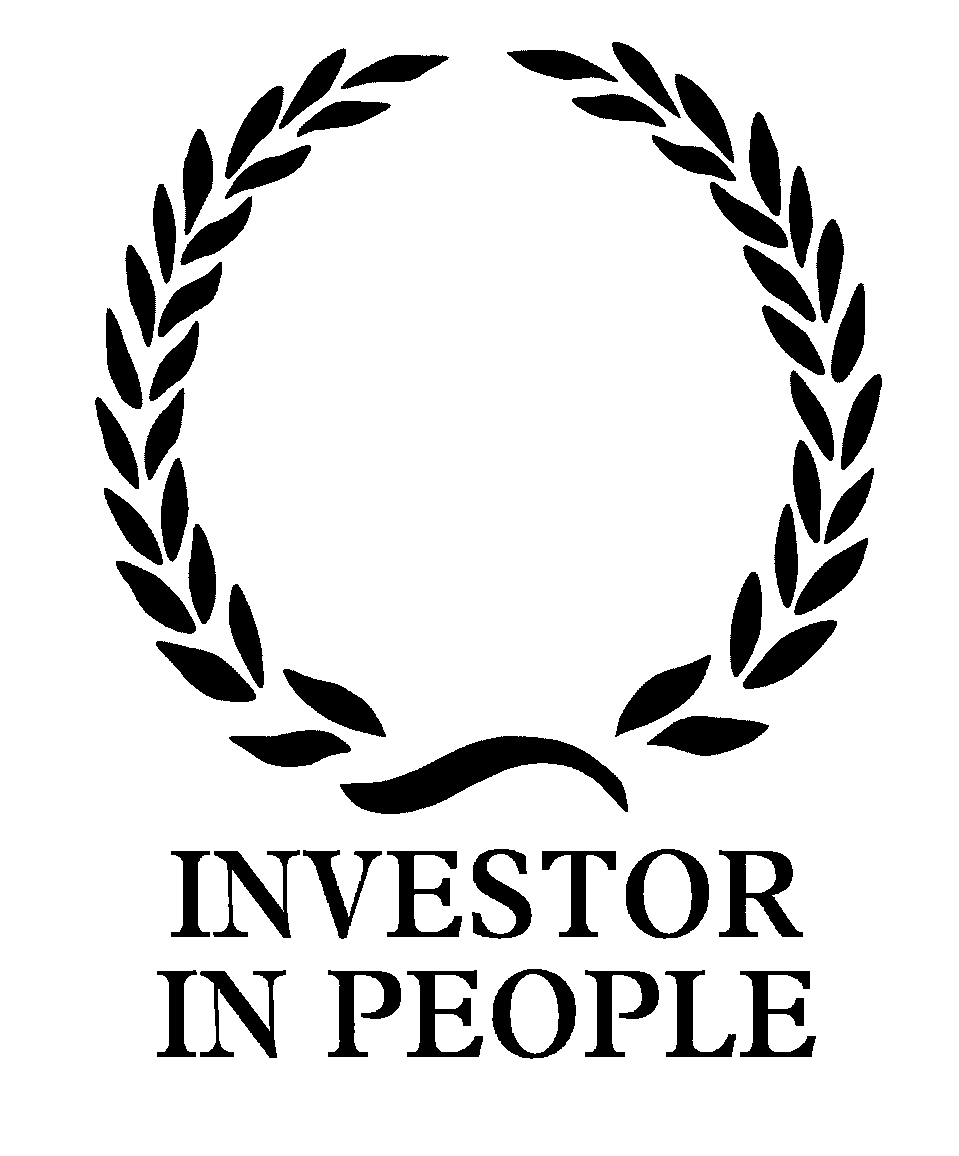






Computing...
“Computers are incredibly fast, accurate, and stupid. Human beings are incredibly slow, inaccurate, and brilliant. Together they are powerful beyond imagination.”- Albert Einstein
Intent
At Etruscan Primary School we aim to teach children the computing skills necessary to enable them to access learning in Key Stage 3 as well as to be able to use their computing skills in their everyday lives, maybe even going on to have careers within computing. Children are taught to use technology responsibly and carefully, being mindful of how their behaviour, words and actions can affect others and how to be safe online. Our children are taught computing in a way that ensures a progression of skills, following a sequence which builds on previous learning. Children gain experience and skills of a wide range of technology in a way that will enhance their learning opportunities, enabling them to use technology across a range of subjects, be creative and solve problems.
Implementation
At Etruscan Primary School children experience six half terms of computing each year; this allows them sufficient time to become fluent in their knowledge and skills, and embed revisited knowledge throughout the year. Our computing curriculum teaches and encourages children to work independently and as part of a team to solve, analyse and evaluate problems. A major component of our computing curriculum is ‘Internet Safety’, in which we equip children with the knowledge they need to keep themselves and others safe online. Our computing curriculum prepares our children for the ever-changing world of technology and enables children to become digitally literate, thus preparing them for the future workplace and as active participants in a digital world.
The three main aspects of our computing curriculum are computer science, information technology and digital literacy. The core component of computing is computer science, in which pupils are taught the principles of information and computing, how digital systems work and how to put this knowledge to use through programming. Building on this knowledge and understanding, pupils are equipped to use information technology to create programs, systems and a range of content.
British Values are taught through computing by promoting tolerance, cultural diversity and in turn mutual respect. We link this to pupils’ behaviour online and how mutual respect and tolerance is applicable to the online world as well as in society. Respect is key to ensure our children know that their actions online can affect the feelings of others. Pupils are taught how to be responsible and accountable when using technology and to develop their enthusiasm for computing to become users and programmers of information and communication technology for positive purposes.
Characteristics of Competency in Computing:
- An enthusiasm and capability to use technology throughout their lives
- An ability to access a variety of hardware, software and unplugged resources
- A responsible, respectful and competent user of data, information and communication technology
- A clear understanding of how information is used, stored, created, retrieved, shared and manipulated
- A set of skills, strategies and knowledge that will enable them to reap the benefits of the online world, whilst being able to minimise risk to themselves or others
- An ability to utilise computational thinking beyond the computing curriculum





